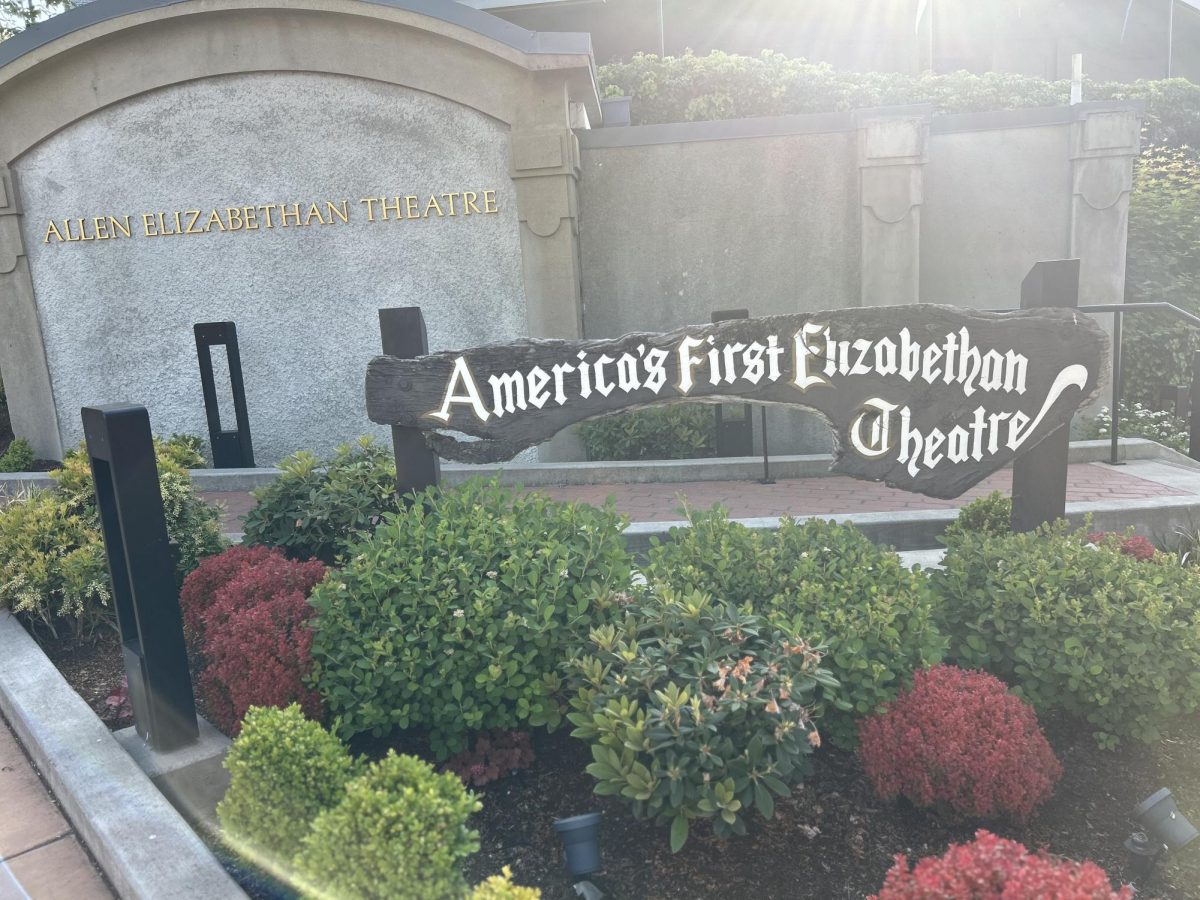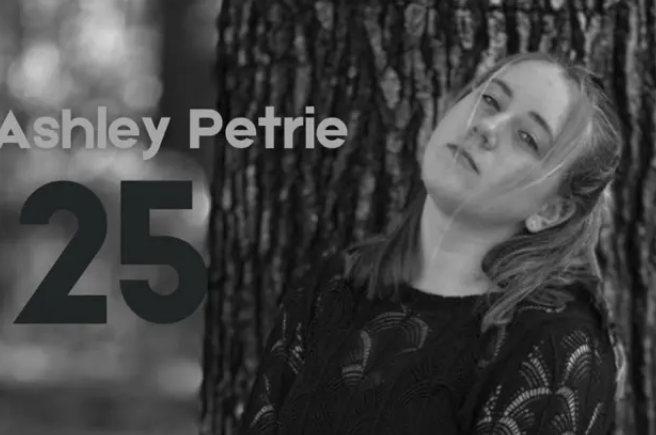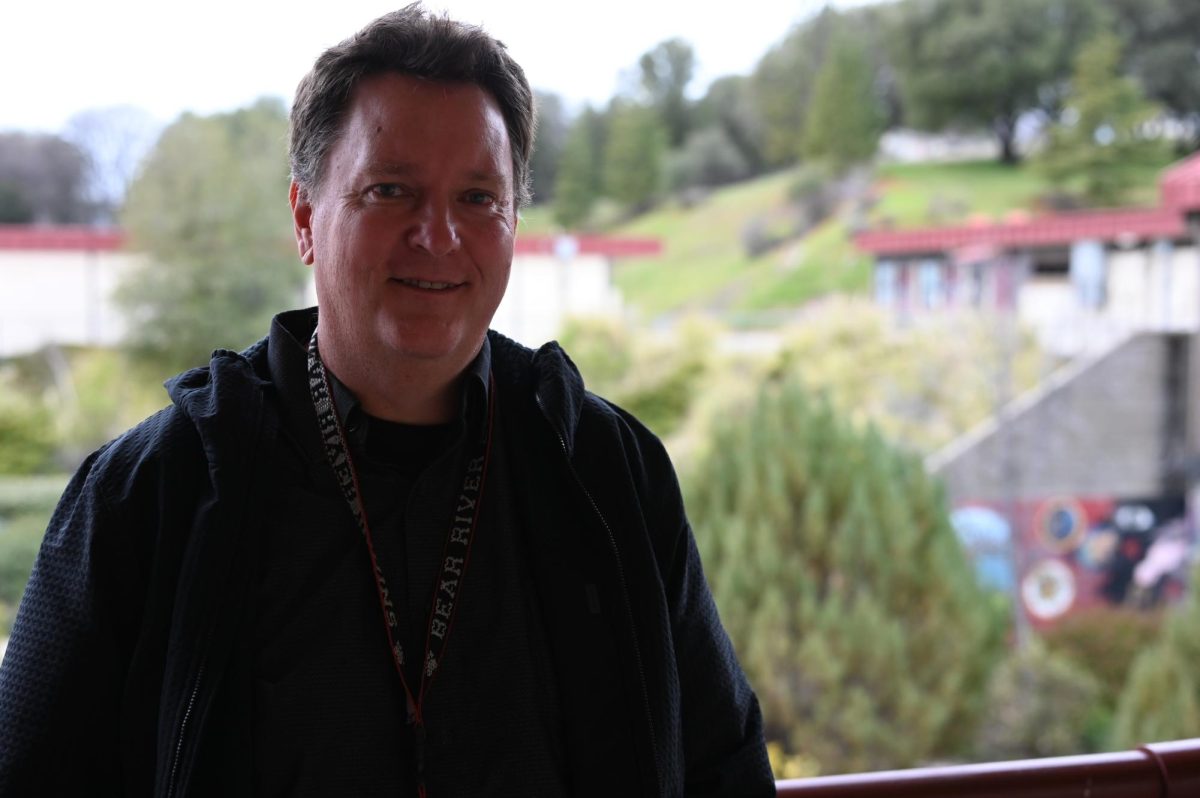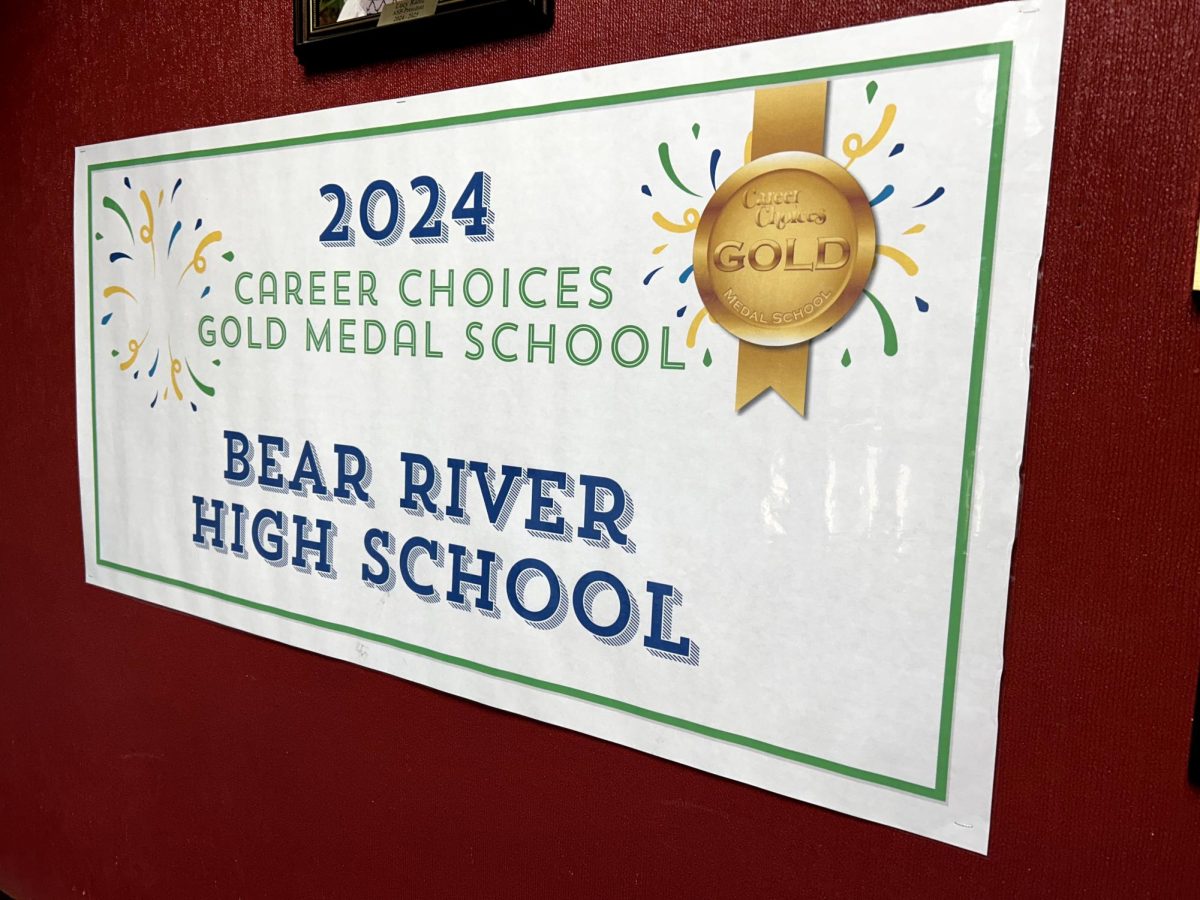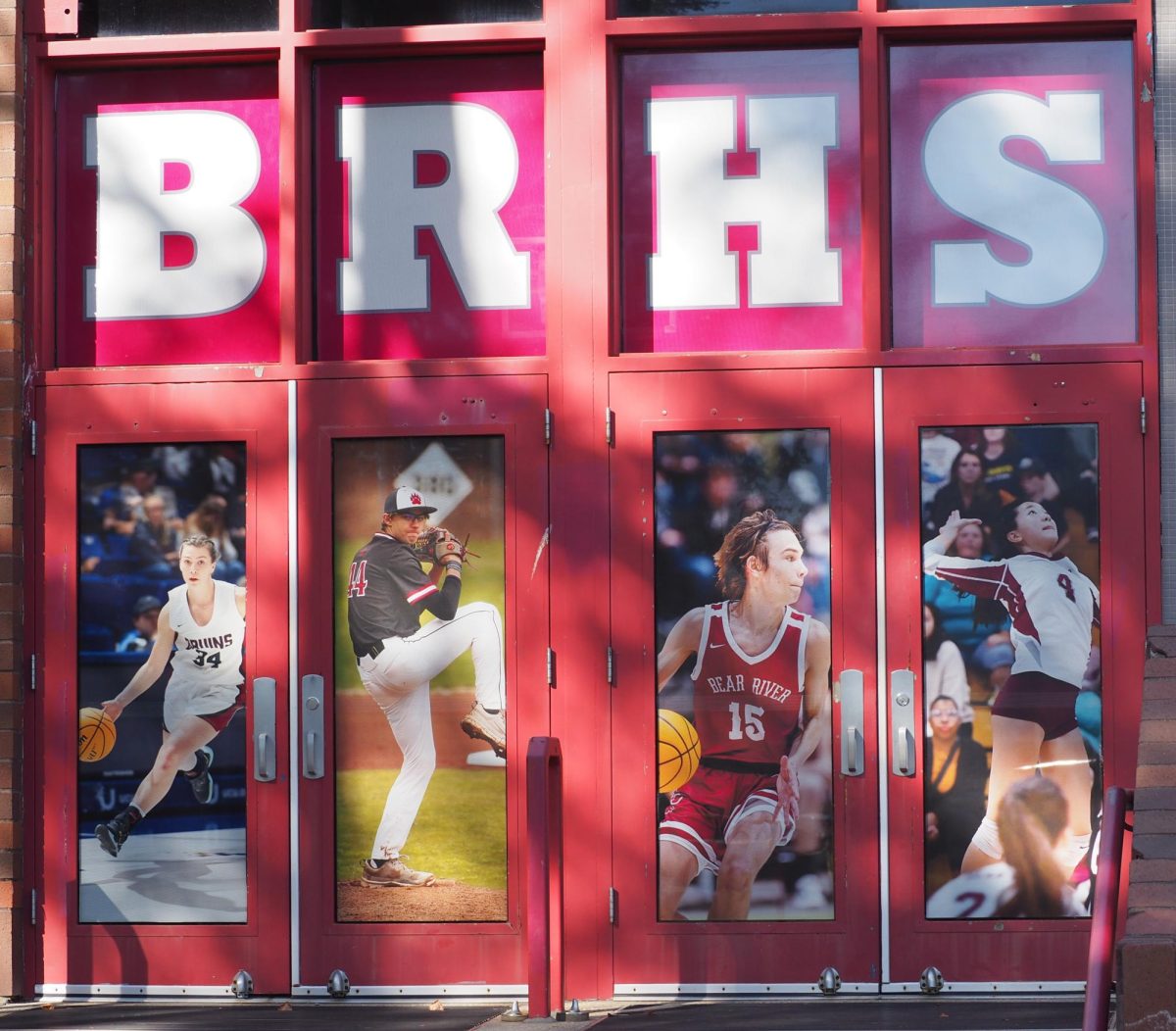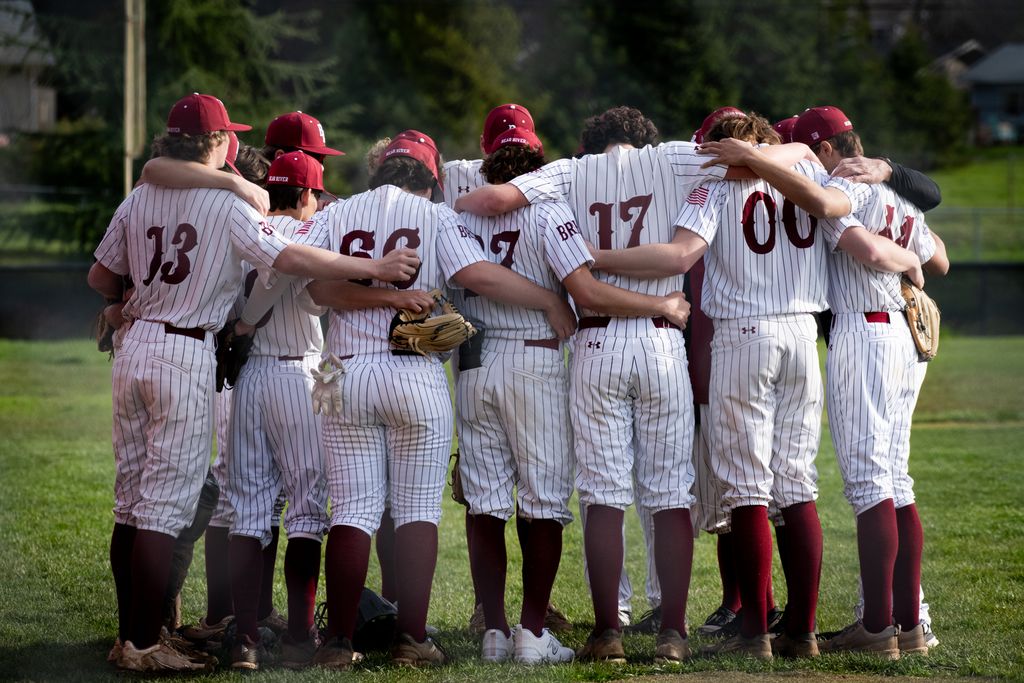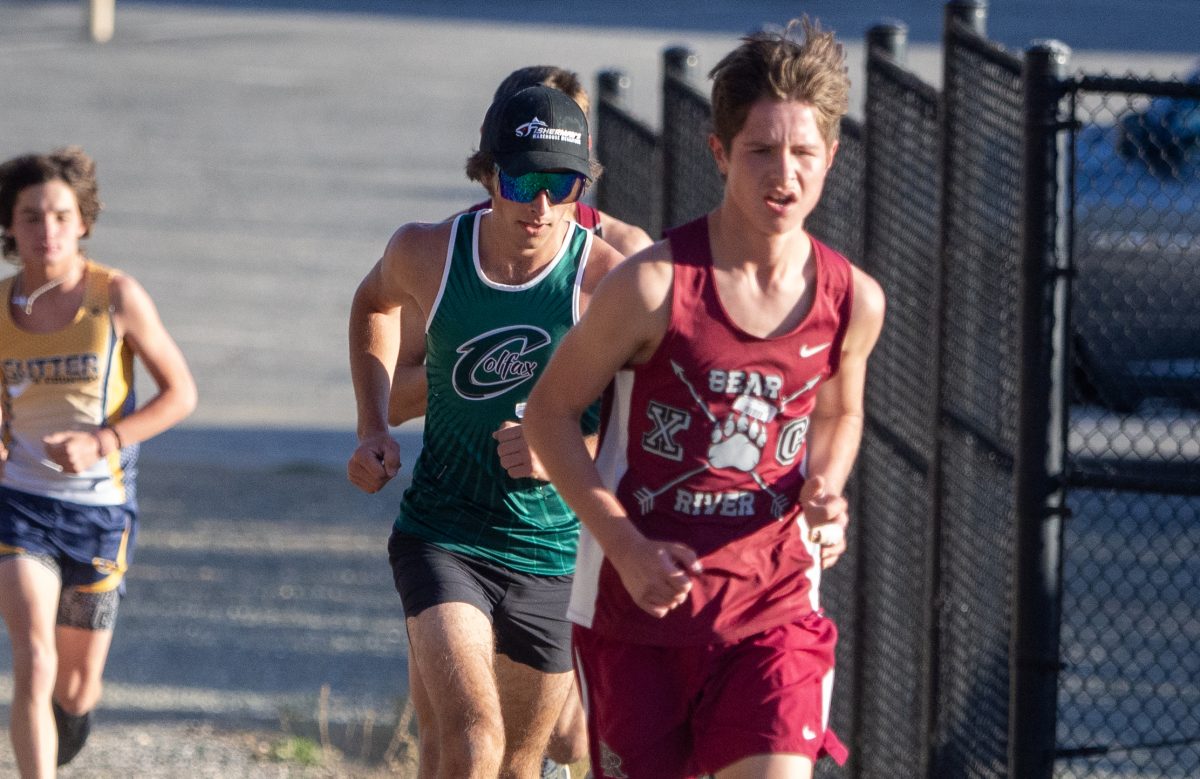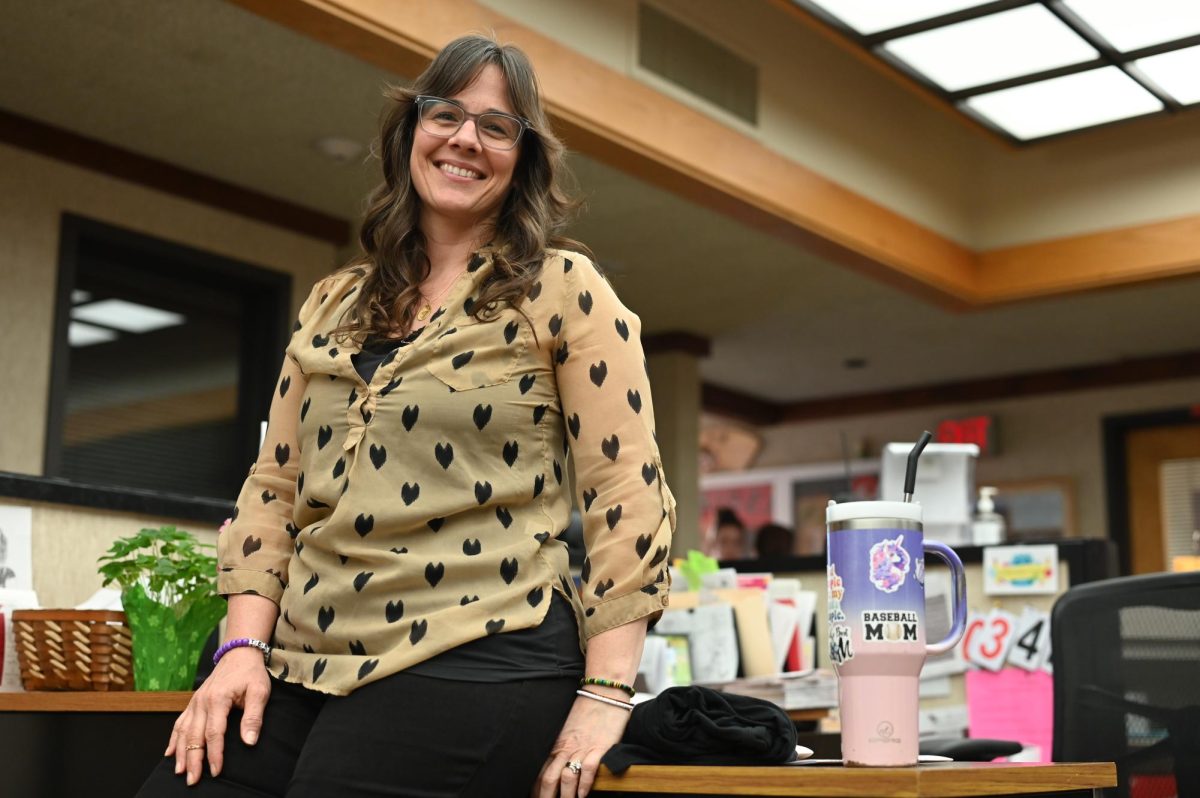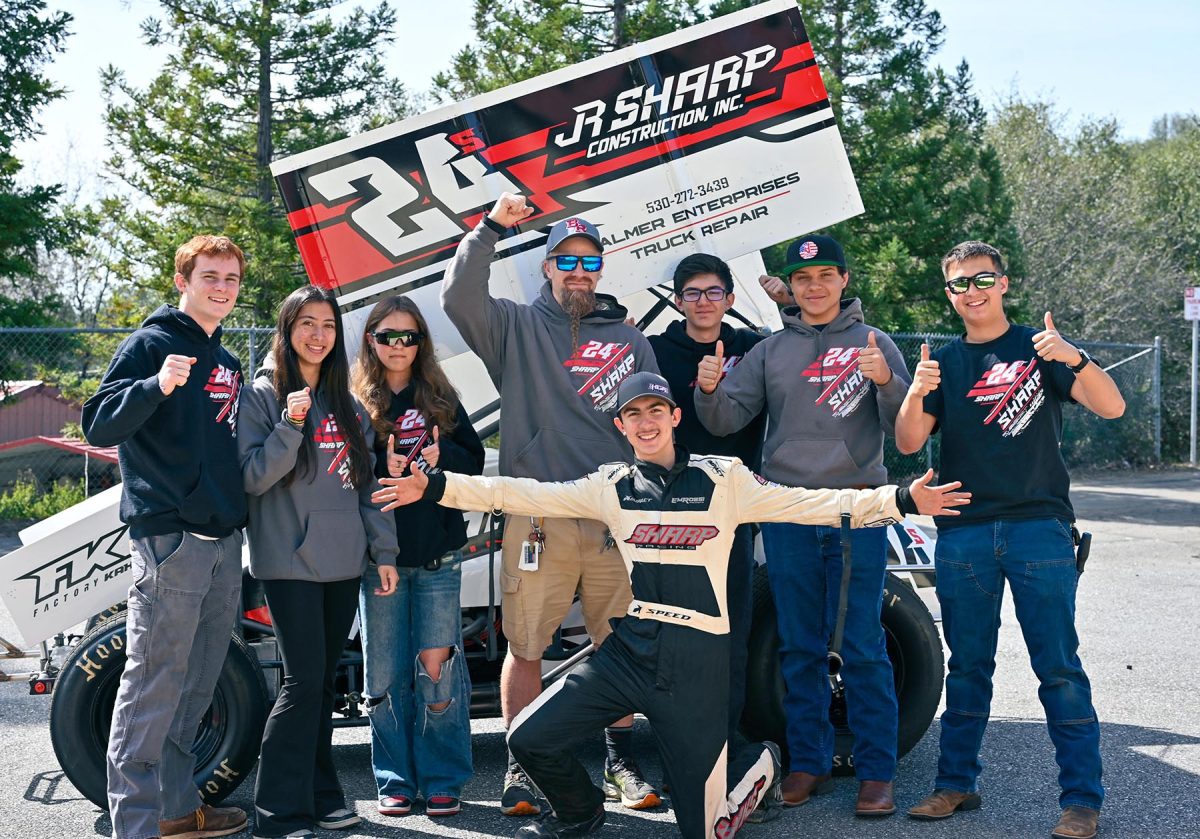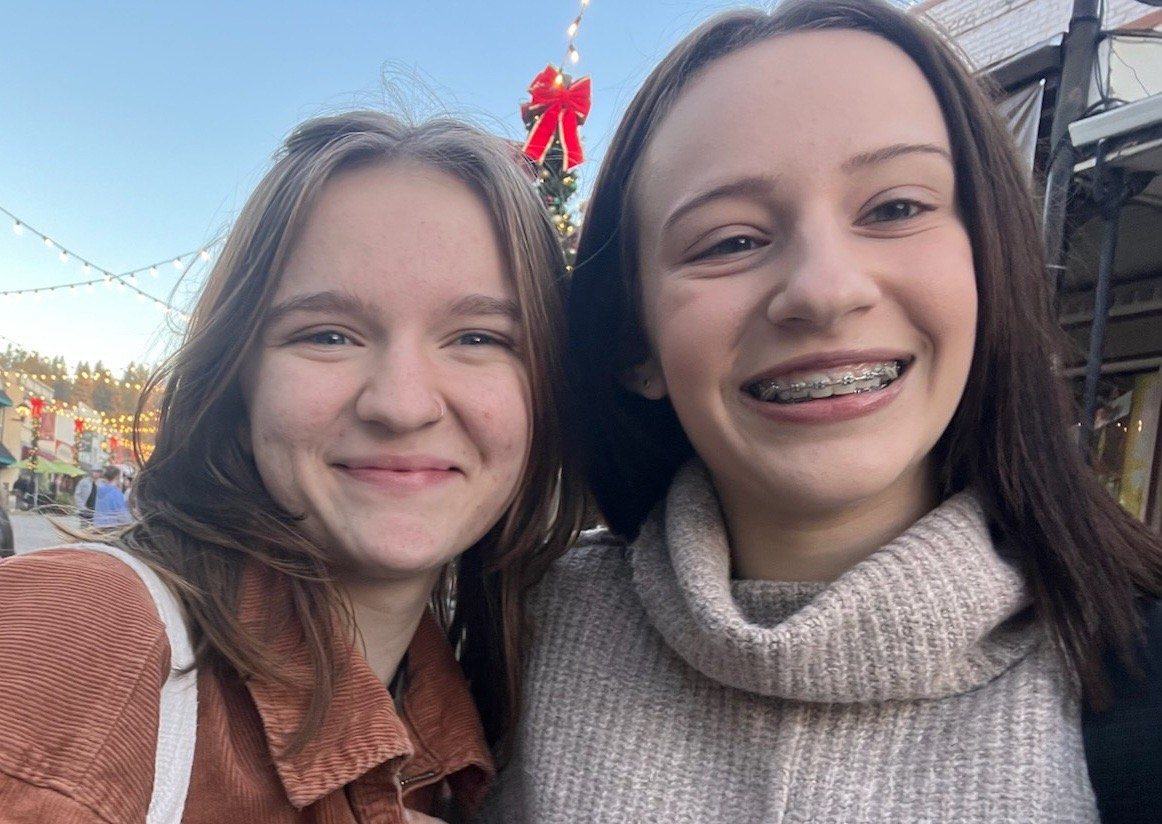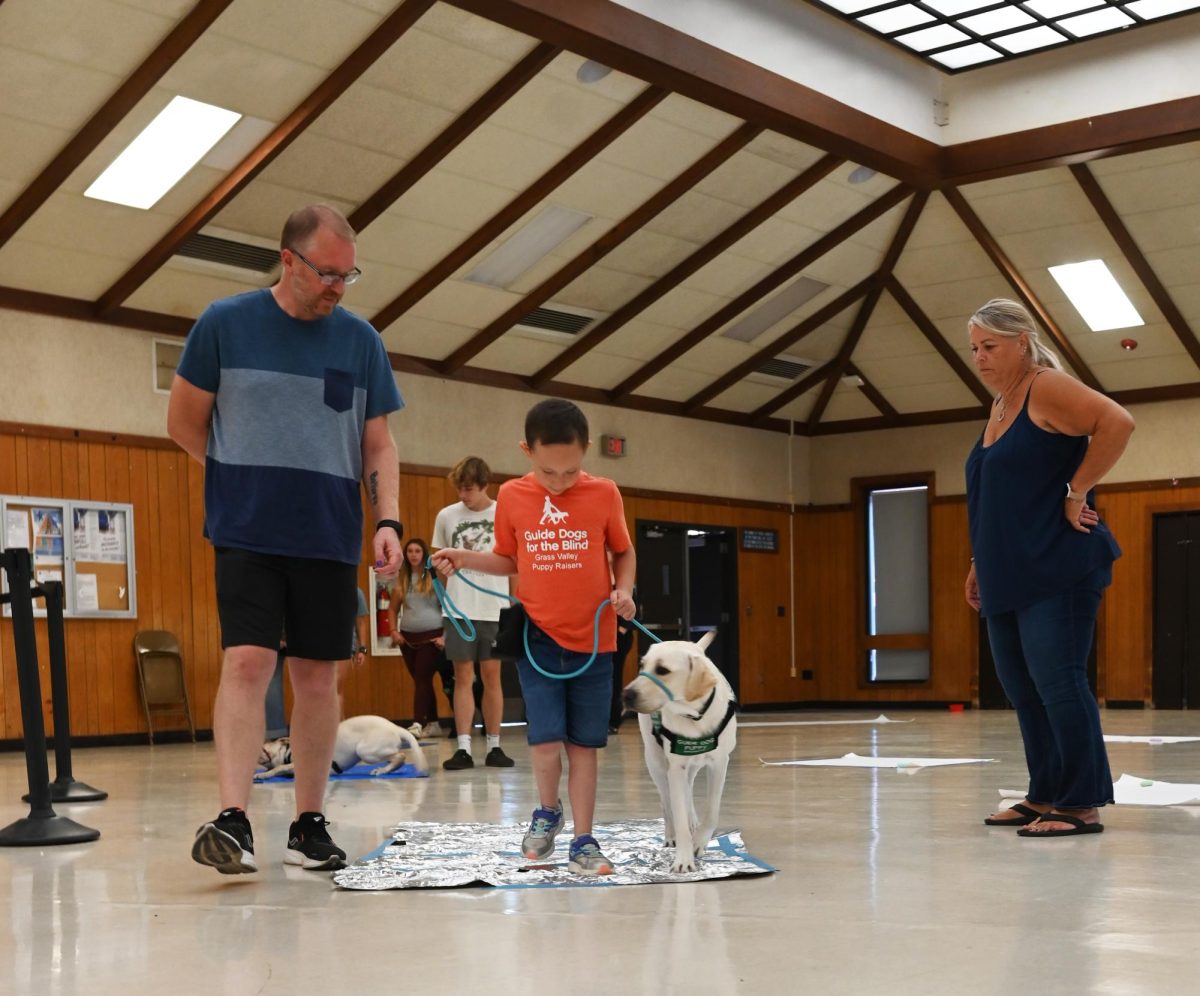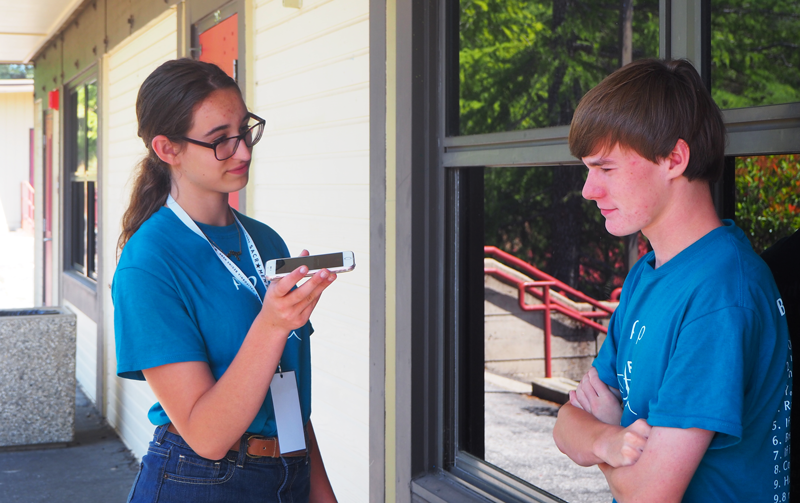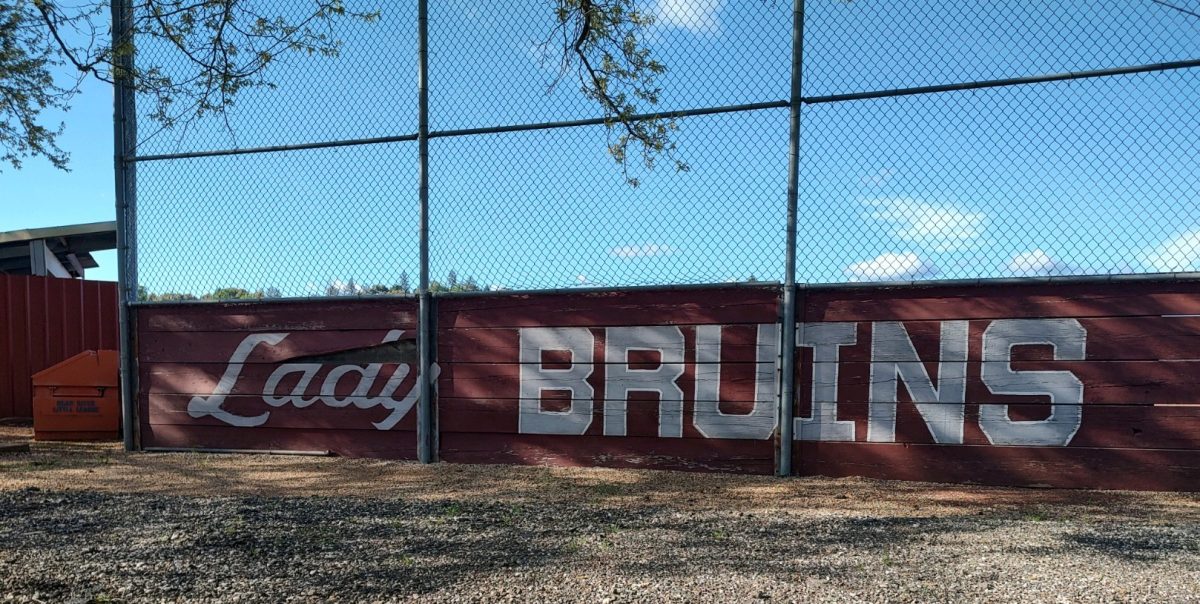Throughout the history of education, students have complained about the lack of realistic application of required courses to their life after high school; aspiring policemen claim they’ll never use English, future dancers say they’ll never use math, and soon-to-be nursing majors scoff at the so-called necessity of history.
Of these three, history is arguably the most controversial. How are teenagers meant to utilize their memorization of every president, the year the Korean War ended, or the most significant battle of the Civil War once they enter the real world? Admittedly, however fun these classes might be, their immediate application is sometimes difficult to discover. History Teacher Matt MacDonald explained why he thinks that these classes can be valuable.
“History is just the medium or the content that we’re doing it through, but really I think the skills are what is becoming more valuable for students,” he said.
Mr. MacDonald expanded on this concept by listing a few of the skills he feels history classes can give students.
“When we study history, we study where we came from, but it also gets us thinking a little bit about… who we are and where we’ve been,” he began. “So I think just from a US History perspective, since that’s predominantly what I teach, it really gives us an idea of not just how far and how much progress we’ve made, but it gets us to critically analyze where our country is headed, and hopefully it helps us to have a better understanding and appreciation of becoming politically active one day and voting and being a part of a citizen in a democracy.”
He went on to describe how history classes emphasize backing an argument with defensible evidence, and contextualization of an event.
“Being able to look at how to support things, which is a huge skill in college and any career field that you go into, [is] something we need to continue to do a lot, because I think it’s really important to be able to say… this is the topic, but we have to be able to prove it,” Mr. MacDonald said. “… That’s a skill that we always need to be able to work on.”
However, even if history courses are meant to teach values and abilities such as these, do students feel as though they’re coming out of each year successfully learning something similar to what Mr. MacDonald described?
Freshman Alexa Tran said that she thinks that the importance of the lessons learned in history are overplayed.
“[History is only useful in real life] if you’re really interested in history and you want to keep teaching it, but with most occupations I don’t think history is really that vital,” she said. “I mean, it’s really good to know about the past, but I can’t really take that into nursing, or mathematics or something like that. I think there could be lessons learned about the concepts we get taught, but some are just not that important, and I don’t really care that much.”
Junior Brinley Jeffers said something similar.
“In some ways, [history classes] may [be useful], say you’re going to be a history teacher, that’s definitely good for it, but say you want to be a dancer,” she said. “Yeah, there might be some things that you are doing that are implemented in history, but other jobs, like California Highway Patrol, there’s not a lot of history behind that.”
History itself is certainly a significantly important field of specialty for many careers- however, Mr. MacDonald’s argument about the skills learned by participating in a high school history class, I believe, summarizes the value of high school classes in general. The specifics might be forgotten, as long as the lessons learned remain.
A few students offered potential ideas to focus history on concepts rather than terms.
“More interactive activities, like more of a specific classroom plan to get more people interested in it, I guess,” said Ronka. “Just generally for America, the values of free speech and freedom of expression and freedom of being independent, those are values that we need to carry over through our daily lives throughout the rest of American history.”
Tran described something similar to the Integrated Science classes that Bear River currently offers, so as to allow for a simple overview, and not get caught up in the details.
“Maybe making more of a big, core class, like combining a bunch of the histories,” said Tran. “There’s a lot of different ones, and you have to take a certain amount of years of history, and it’s like can I just take something combined?
Mr. MacDonald described the difficulty of not having enough time to go into the more interesting context, due to how much content it is required for students to know.
“I think in the AP classes it’s kind of hard, because we do have so much more content to cover, whereas in a regular US or World class where you don’t have as much content, you can really dive into more in depth stuff, and look at things from a bunch of different perspectives instead of just a few general ones,” Mr. MacDonald said.
Meanwhile, Jeffers said that more tie-in to current events and life now would be helpful for her.
“I also think that instead of history going back so far, we should also understand what’s going on today, and prepare for when we are coming of age to vote for the next election, and things like that,” she said.
Mr. MacDonald said that he agrees that history teachers should try to make the course content connect to student’s lives or experiences now or soon as they become members of a democratic society.
“I think we always gotta find ways to make the content come alive, to make it more relevant, because I think when you look back at something that happened 200 years ago, that can be a difficult thing for us to understand if we don’t have a context of why it’s important,” he said.
Certainly, we can’t diverge from the official course material given by state authorities. Still, there are ways to emphasize on the skills that lie behind the material, and Mr. MacDonald said that he feels the history teachers at Bear River are trying to do just that.
“I feel like the biggest aspect that we’re trying to make a movement towards in the history curriculum, is really towards those historical thinking skills,” he said.
I, along with many other students at Bear River, appreciate the effort our history teachers are putting into creating a class that teaches skills which can be carried into life after high school, and that is what makes history classes an important addition to any course load. However, I think there are always ways to make high school classes more recognizably applicable to students’ lives, and therefore engage them more in the curriculum as they begin to see the use it could have in their varied future careers.


